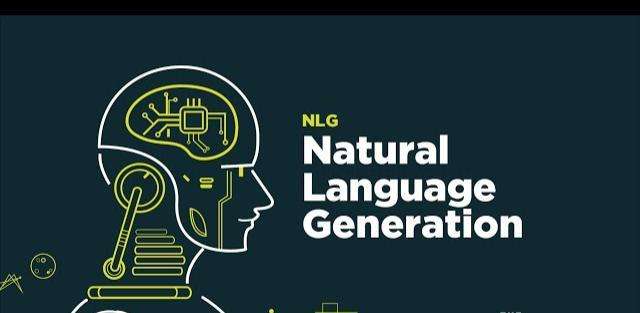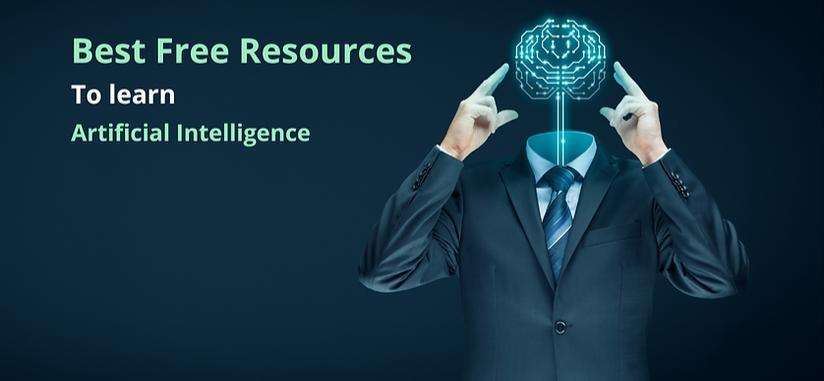
Artificial intelligence (AI) is a powerful and transformative technology that can bring many benefits to society, such as improving health care, education, business, and entertainment.
However, AI also poses significant ethical challenges that need to be addressed before it can be widely adopted and trusted.
In this blog post, we will explore some of the main ethical issues that arise from developing and deploying AI systems, and how they can cause harm and injustice to humans and other living beings.
What are the ethical challenges of AI?
Ethical challenges of AI are the moral dilemmas and conflicts that arise from the design, development, deployment, and use of AI systems.
These challenges can affect various aspects of human life, such as privacy, security, fairness, accountability, transparency, human dignity, and human rights.
Some of the common ethical challenges of AI are:
- Privacy:
AI systems can collect, process, and analyze large amounts of personal and sensitive data, such as biometric, health, financial, and behavioural data.
This can pose a threat to the privacy and confidentiality of individuals and groups, especially if the data is used without their consent, or for malicious or discriminatory purposes.
For example, AI systems can be used to track, monitor, and profile people, or to infer their preferences, emotions, personality, and health conditions.
- Security:
AI systems can be vulnerable to cyberattacks, hacking, manipulation, and sabotage, which can compromise their functionality, reliability, and safety.
For example, AI systems can be hacked to steal or leak data, to cause physical or digital damage, or to influence or deceive users.
Moreover, AI systems can also be used as weapons or tools for cyberwar fare, terrorism, or espionage, which can threaten national and global security and stability.
- Fairness:
AI systems can exhibit bias, discrimination, and prejudice, which can affect the outcomes and decisions they make or support.
For example, AI systems can be biased due to the data they are trained on, the algorithms they use, or the objectives they optimize.
This can result in unfair or inaccurate predictions, recommendations, or classifications, which can harm or disadvantage certain individuals or groups, such as minorities, women, or people with disabilities.
- Accountability:
AI systems can have significant impacts on human lives, such as affecting their health, education, employment, or justice.
However, it can be difficult to assign responsibility and liability for the actions and consequences of AI systems, especially if they are autonomous, complex, or opaque.
For example, who should be held accountable if an AI system causes an accident, a mistake, or a harm? Is it the developer, the provider, the user, or the system itself?
- Transparency:
AI systems can be opaque, black-box, or incomprehensible, which can limit the understanding and explanation of how they work, what they do, and why they do it.
For example, how can we explain the reasoning, logic, or evidence behind the decisions or predictions of AI systems, especially if they are based on deep learning or neural networks? How can we ensure that users, stakeholders, and regulators can access, inspect, and verify the data, algorithms, and processes of AI systems?
- Human dignity:
AI systems can affect the dignity, autonomy, and agency of humans, which are essential for their well-being and self-respect.
For example, how can we ensure that AI systems respect the values, preferences, and choices of humans, and do not manipulate, coerce, or deceive them? How can we ensure that AI systems do not replace, degrade, or dehumanize humans, or undermine their social and cultural identity and diversity?
Why are the ethical challenges of AI important?
The ethical challenges of AI are important because they can have serious and lasting implications for the society, the environment, and the future of humanity.
If not addressed properly, these challenges can cause harm and injustice to humans and other living beings, such as:
1. Violating human rights: AI systems can violate or infringe the human rights of individuals and groups, such as the right to privacy, the right to non-discrimination, the right to freedom of expression, the right to education, the right to health, and the right to life.
For example, AI systems can be used to censor, oppress, or persecute people, or to deny them access to essential services or opportunities.
2. Causing physical or psychological harm: AI systems can cause physical or psychological harm to humans and other living beings, such as injury, illness, pain, suffering, stress, anxiety, or fear.
For example, AI systems can cause accidents, errors, or failures, or can inflict violence, abuse, or torture.
3. Creating social or economic inequality: AI systems can create or exacerbate social or economic inequality, injustice, or exclusion, which can affect the distribution of power, wealth, and opportunities in the society.
For example, AI systems can create or widen the digital divide, the gender gap, or the racial gap, or can displace or exploit workers, consumers, or citizens.
4. Damaging the environment: AI systems can damage or degrade the environment, the natural resources, and the biodiversity, which can affect the sustainability and resilience of the planet.
For example, AI systems can consume large amounts of energy, water, or materials, or can generate waste, pollution, or greenhouse gas emissions.
5. Threatening the human future: AI systems can threaten the human future, the human values, and the human civilization, especially if they surpass or surpass the human intelligence, capabilities, or control.
For example, AI systems can pose existential risks, such as creating super intelligence, singularity, or artificial life, or can trigger ethical dilemmas, such as creating moral machines, artificial consciousness, or artificial emotions.
How can we address the ethical challenges of AI?
Addressing the ethical challenges of AI is a complex and multidisciplinary task that requires the collaboration and coordination of various actors and stakeholders, such as researchers, developers, providers, users, regulators, policymakers, educators, ethicists, and civil society.
Some of the possible ways to address the ethical challenges of AI are:
1. Developing ethical principles and guidelines:
Ethical principles and guidelines can provide a common framework and a shared vision for the ethical design, development, deployment, and use of AI systems.
For example, some of the widely recognized ethical principles for AI are: human dignity, human rights, human agency, fairness, non-discrimination, transparency, explainability, accountability, privacy, security, safety, and social and environmental good.
2. Implementing ethical standards and best practices:
Ethical standards and best practices can provide and concrete practical methods and tools for the ethical implementation and evaluation of AI systems.
For example, some of the ethical standards and best practices for AI are: data quality, data protection, data governance, algorithmic fairness, algorithmic accountability, algorithmic transparency, algorithmic explainability, human oversight, human-in-the-loop, human-on-the-loop, human-in-command, and human-centric design.
3. Enforcing ethical regulations and laws:
Ethical regulations and laws can provide legal and enforceable rules and norms for the ethical oversight and governance of AI systems.
For example, some of the ethical regulations and laws for AI are: data protection laws, such as the General Data Protection Regulation (GDPR), consumer protection laws, such as the Consumer Protection from Unfair Trading Regulations (CPRs), human rights laws, such as the Universal Declaration of Human Rights (UDHR), and environmental laws, such as the Paris Agreement on Climate Change.
4. Promoting ethical education and awareness:
Ethical education and awareness can provide essential knowledge and skills for the ethical understanding and engagement of AI systems.
For example, some of the ethical education and awareness for AI are: ethical literacy, ethical reasoning, ethical decision making, ethical leadership, ethical citizenship, and ethical culture.
The Bottom Line
AI systems can bring many benefits to society, but they also pose significant ethical challenges that need to be addressed before they can be widely adopted and trusted.
These challenges can affect various aspects of human life, such as privacy, security, fairness, accountability, transparency, human dignity, and human rights, and can cause harm and injustice to humans and other living beings.
Therefore, it is important to develop and implement ethical principles, standards, practices, regulations, laws, education, and awareness for the ethical design, development, deployment, and use of AI systems, and to ensure that they respect and protect the values, preferences, and choices of humans, and do not harm or disadvantage them.
By doing so, we can ensure that AI systems are ethical, trustworthy, and beneficial for the society, the environment, and the future of humanity.
RELATED ARTICLES
- Artificial intelligence (AI) comprehensive Guide: Definition, How it works, Examples, Types and Applications
- The best AI tools and frameworks for beginners
- How AI is transforming the healthcare industry
- The impact of AI on education and learning
- The Top AI 10 Research Projects and Breakthroughs of 2024
- The most common AI myths and misconceptions










Thanks a bunch for sharing this with all folks you actually know what
you’re speaking about! Bookmarked. Please also discuss with my site =).
We may have a hyperlink trade contract between us
Article writing is also a excitement, if you be acquainted with after that you can write if not it is complicated to write.
Just wish to say your article is as amazing. The clearness in your post is simply spectacular
and i can assume you are an expert on this subject.
Fine with your permission let me to grab your RSS feed to keep updated with forthcoming post.
Thanks a million and please continue the enjoyable work.
Useful information. Lucky me I found your web site
accidentally, and I am shocked why this accident didn’t happened in advance!
I bookmarked it.
This website certainly has all the information and
facts I needed concerning this subject and didn’t know who to ask.
Good day! This is kind of off topic but I need some
help from an established blog. Is it very hard to set up
your own blog? I’m not very techincal but I can figure things out pretty fast.
I’m thinking about creating my own but I’m not sure where to
start. Do you have any points or suggestions? With
thanks